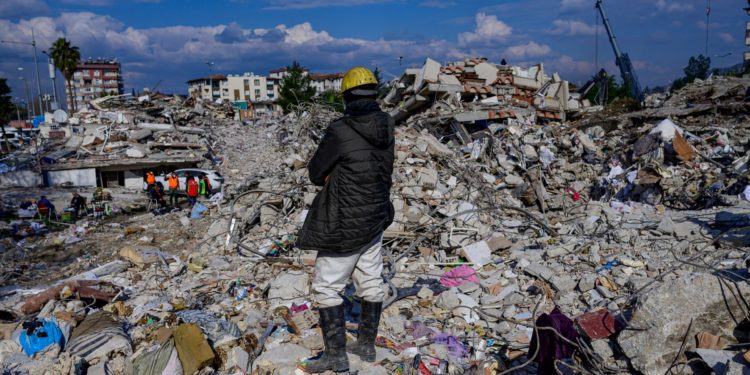By AL JAZEERA
Natural calamities and harsh weather dominated news headlines in 2023.
Seismic tremors, massive floods, raging wildfires, unrelenting droughts, landslides, cyclones and storms hit around the world, killing and displacing tens of thousands of people.
The most destructive event of the year was a twin earthquake with magnitudes of 7.8 and 7.5 that struck southern Turkey near the Syrian border on February 6. An estimated 14 million people, representing 16 percent of Turkey’s population, were affected. Confirmed deaths totalled 50,783 in Turkey and 8,476 in Syria.
On September 8, a magnitude 6.8 earthquake struck western Morocco, killing at least 2,900 people and wounding 5,500. A magnitude 6.3 earthquake rocked western Afghanistan on October 7. It was followed by another magnitude 6.3 earthquake four days later and a magnitude 6.4 earthquake on October 15, killing almost 3,000.
Typhoon Doksuri caused significant rainfall and flooding throughout at least 16 cities and provinces in northeastern China on July 29. In September, Mediterranean Storm Daniel passed across eastern Libya, leaving a path of devastation.
In September, October and November, storms also caused flooding in Mexico, Hong Kong and Western Europe.
The Horn of Africa – only slowly emerging from a devastating drought that left millions hungry – also experienced heavy rainfall and floods linked to the El Nino weather phenomenon. The flash floods in November killed dozens of people and caused large-scale displacement in Kenya, as well as Somalia and Ethiopia.
On the other hand, record droughts caused river levels to fall and other water bodies to dry up across various parts of the world, including the Amazon rainforest.
Scientists say these kinds of extreme weather events will become more common and more severe as the earth warms.
Here are some images that show some of the major disasters of 2023 around the world and their effects on people, animals and the natural landscape.







Discussion about this post